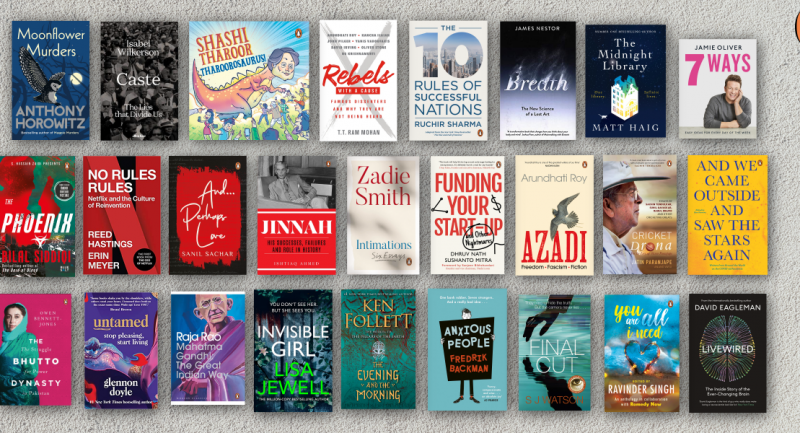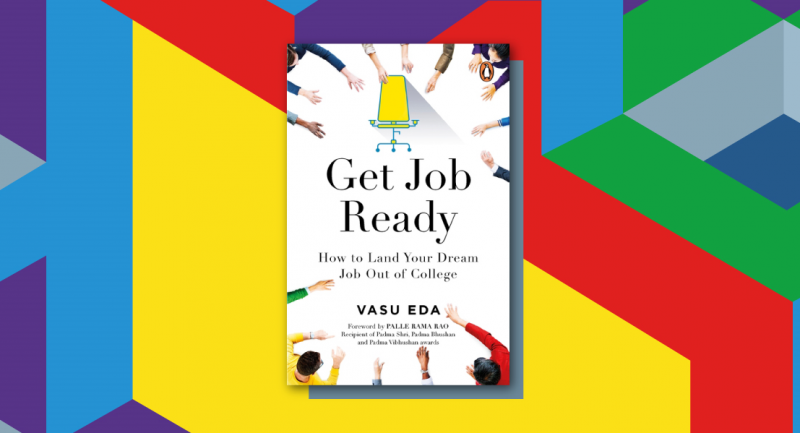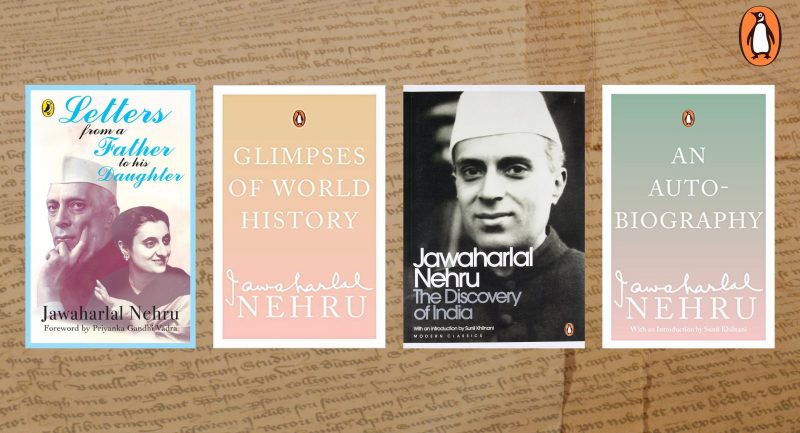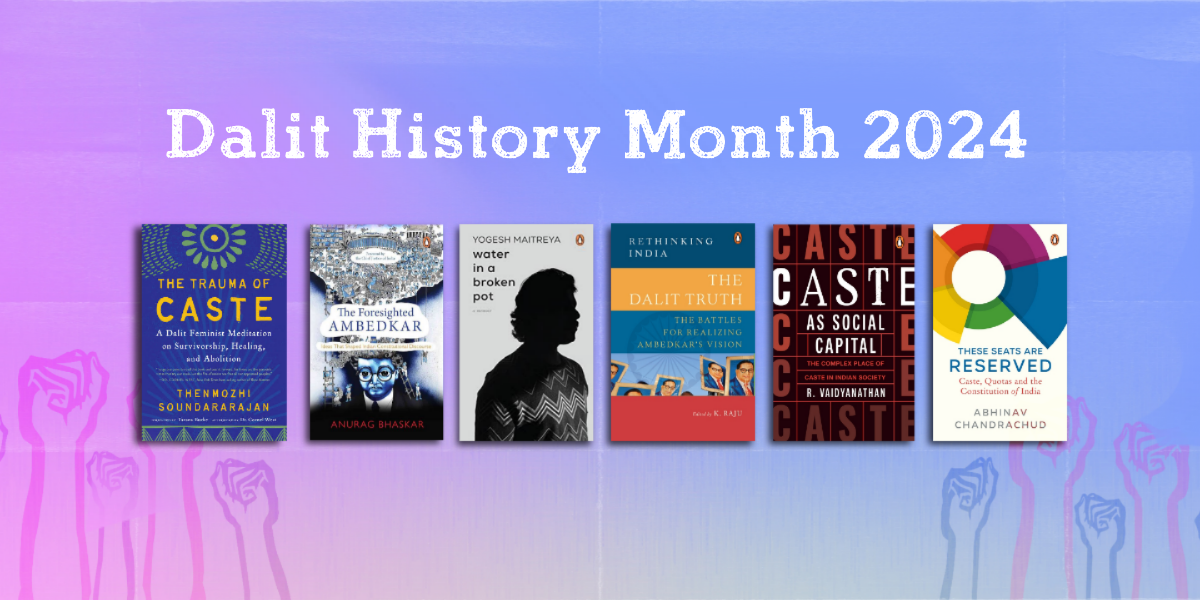
Delve into Dalit History Month with this collection shedding light on Dalit communities’ resilience, struggles, and victories. From discovering Dr. Ambedkar’s instrumental role in shaping India’s Constitution to unraveling the complexities of caste, each book invites us to learn and unite in solidarity. Come along as we explore these powerful voices, their stories and often forgotten aspects of Dalit history and society.
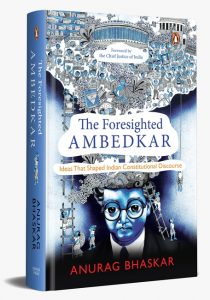
In The Foresighted Ambedkar, Anurag Bhaskar argues that India’s Constitution was drafted not just between 1946 and 1950 but over the course of four decades. Dr Ambedkar was the only person to have been involved at all the stages related to the drafting of the Indian constitutional document since 1919. These stages bear the imprint of his contribution and role.
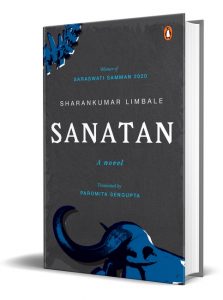
Sanatan is the gut-wrenching story of Bhimnak Mahar and his ilk, who have been subjected to barbaric abuse and inhuman discrimination by the upper castes over centuries. The story begins with the young Bhimnak in pre-Independence India. It then traverses time and geographical boundaries to end with Bhimnak’s grandson. The circular narrative pattern is reflective of the endless cycle of pain that the Mahars are unable to break free from, no matter how hard they try, no matter where they go, no matter if they change their identity and religion. Using myths, the Puranas and historical texts as resources, Sharankumar Limbale rewrites Dalit history in this novel as he attempts to tell the truth, with an intention to build what he calls ‘a new and progressive social order’. Limbale not just brings his reader face to face with uncomfortable realities, he also suggests what could be an alternative social order in the future.
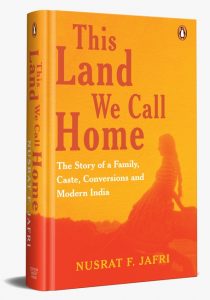
In 1871, the British enacted the Criminal Tribes Act in India, branding numerous tribes and caste groups as criminals. In This Land We Call Home, Nusrat F. Jafri traces the roots of her nomadic forebears, who belonged to one such ‘criminal’ tribe, the Bhantus from Rajasthan.
This affecting memoir explores religious and multicultural identities and delves into the profound concepts of nation-building and belonging. Nusrat’s family found acceptance in the church, alongside a sense of community, theology, songs and carnivals, and quality education for the children in
missionary schools.
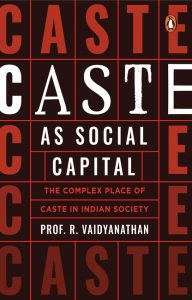
Caste as Social Capital examines the workings of caste through the lens of business, economics and entrepreneurship. It interrogates the role caste plays in the economic sphere in terms of facilitating the nuts and bolts of business and entrepreneurship: finance, markets and workforce. Through this qualitative view of caste, an entirely new picture emerges, which forces one to view the age-old institution of caste in a new light.
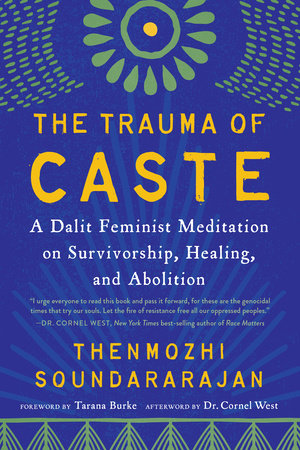
Thenmozhi Soundararajan, a Dalit American activist, issues an appeal to action for readers everywhere, not just in South Asia. By examining caste from a feminist, abolitionist, and Dalit Buddhist perspective—and by laying bare the grief, trauma, rage, and stolen futures enacted by Brahminical social structures on the caste-oppressed—she connects Dalit oppression to struggles for liberation among Black, Indigenous, Latinx femme, and Queer communities.
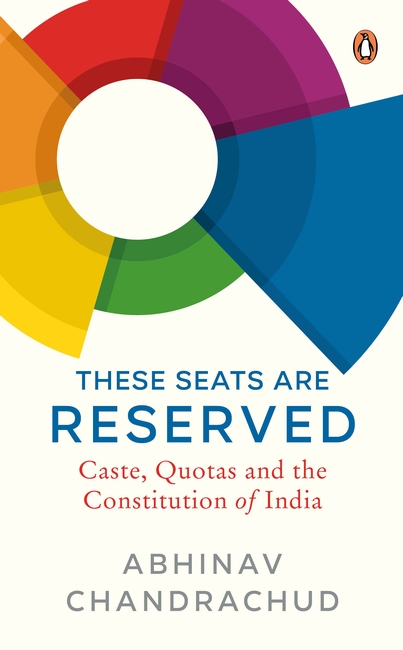
In India, the use of reservations or affirmative action is highly divisive. Many people oppose it because they believe it compromises the concept of “merit” and runs counter to the idea of equality of opportunity, despite the fact that it is legally required and supported by historians, political scientists, and social activists. Abhinav tracks the development of the reservation policy in These Seats Are Reserved.
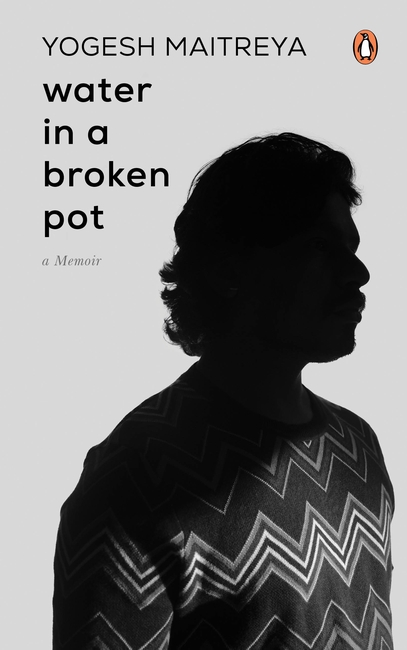
Yogesh Maitreya describes his eventual discovery of the written word, literature, and the Ambedkarite heritage, which helped shape his goals, identity, and the eventual career choice of publishing books after hopping from job to job to make ends meet. This new and radical voice shares his story in the most direct and unfiltered manner possible, as it actually happened, giving us readers the green light to be open and vulnerable when we share our own stories.
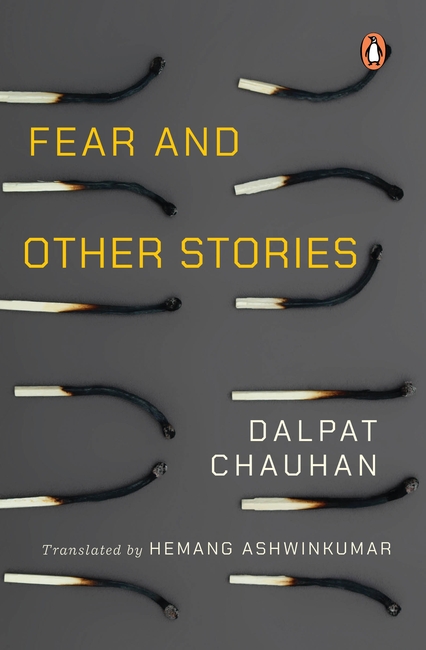
Fear and Other Stories serves as a stark reminder of the perils that Dalit life entails, a life that is plagued by unfathomable violence and fear even in the most innocuous circumstances. Veteran Gujarati author Dalpat Chauhan describes these real-life instances of frustration and rage in this compilation of short stories with startling vividness. His characters examine historical, mythological, and literary legends while highlighting the viewpoints of the marginalised. They also chronicle a long history of defiance.
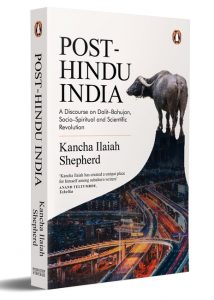
Kancha Ilaiah Shepherd pens a thought-provoking critique of Brahmanism and the caste system in India, while anticipating the death of Hinduism as a direct consequence of, what he says is, its anti-scientific and anti-nationalistic stand. This work challenges Hinduism`s interpretation of history, with a virulent attack on caste politics, and also takes a refreshing look at the necessity of encouraging indigenous scientific thought for the sake of national progress.
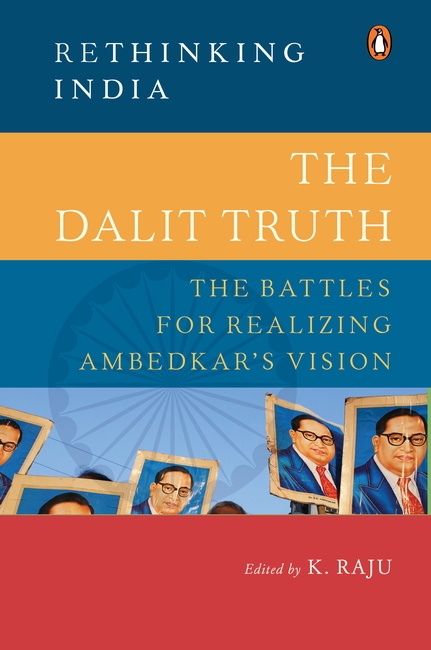
A multitude of Dalit truths and their battles against the lies perpetrated by the caste system are reflected in the pages of this book, pointing towards a future filled with promise and prospects for the coming generations. This eighth volume in the Rethinking India series, published in collaboration with the Samruddha Bharat Foundation, probes the pathway to be followed by the Dalits as articulated by Ambedkar’s Constitution. The essays offer deeper insights into social, educational, economic and cultural challenges and opportunities faced by the Dalits, the varied strategies of political parties for their mobilization and the choice to be made by the Dalits for attaining social equality.
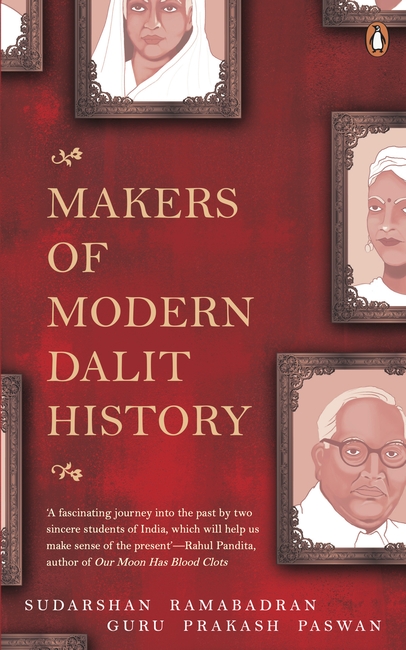
In late-nineteenth-century Kerala, a man flamboyantly rode a villuvandi (bullock cart) along a road. What might sound like a mundane act was, at that time, a defiant form of protest. Riding animal-pulled vehicles was a privilege enjoyed only by the upper castes. This man, hailing from the untouchable Pulaya community, was attacking caste-based discrimination through his act. He was none other than Ayyankali, a social reformer and activist.
Featuring several such inspiring accounts of individuals who tirelessly battled divisive forces all their lives, this book seeks to enhance present-day India’s imagination and shape its perception of the Dalit community.
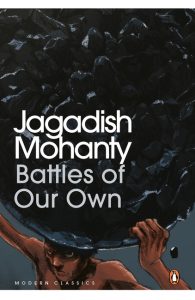
Battles of Our Own (Nija Nija Panipatha) by Jagadish Mohanty (1951-2013), was published in 1990. It is set in the coal mining area of western Odisha, where the author worked all his life. The conflict between the coal mine administration and the trade union in an industrial setting gives the novel its plot, characters and atmosphere. The conflict-ridden world of a colliery makes it an exemplar of the ‘industrial novel’ in Odia and perhaps in Indian literature. The setting of the novel makes it unique, setting it apart from the majority of mainstream Odia novels of the time, with their polite and placid settings and their themes of romance or social success.
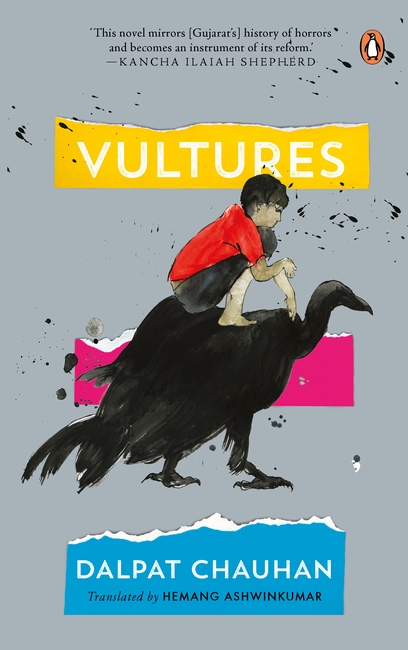
Based on the blood-curdling murder of a Dalit boy by Rajput landlords in Kodaram village in 1964, Vultures portrays a feudal society structured around caste-based relations and social segregation, in which Dalit lives and livelihoods are torn to pieces by upper-caste vultures. The deft use of dialect, graphic descriptions and translator Hemang Ashwinkumar’s lucid telling throw sharp focus on the fragmented world of a mofussil village in Gujarat, much of which remains unchanged even today.
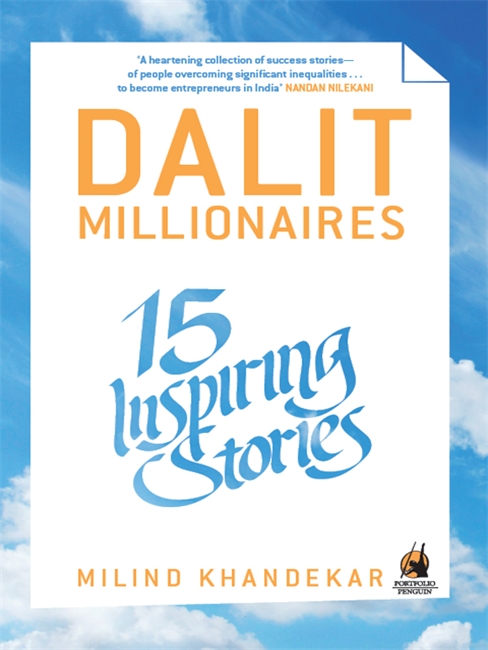
Dalit Millionaires is a collection of profiles of fifteen Dalit entrepreneurs who have braved both societal and business pressures to carve out highly profitable niches for themselves. The book is a vivid chronicle of how the battle has moved from the village well to the marketplace.There are tales describing how the multimillionaire Ashok Khade, at one time, did not have even four annas to replace the nib of a broken pen, how Kalpana Saroj, a child bride, worked her way to becoming a property magnate, and how Sanjay Kshirsagar moved on from a 120-foot tenement and now seems well on his way to becoming the emperor of a firm worth Rs 500 crore.The only common thread through these stories is the spirit that if you can imagine it, you can do it.
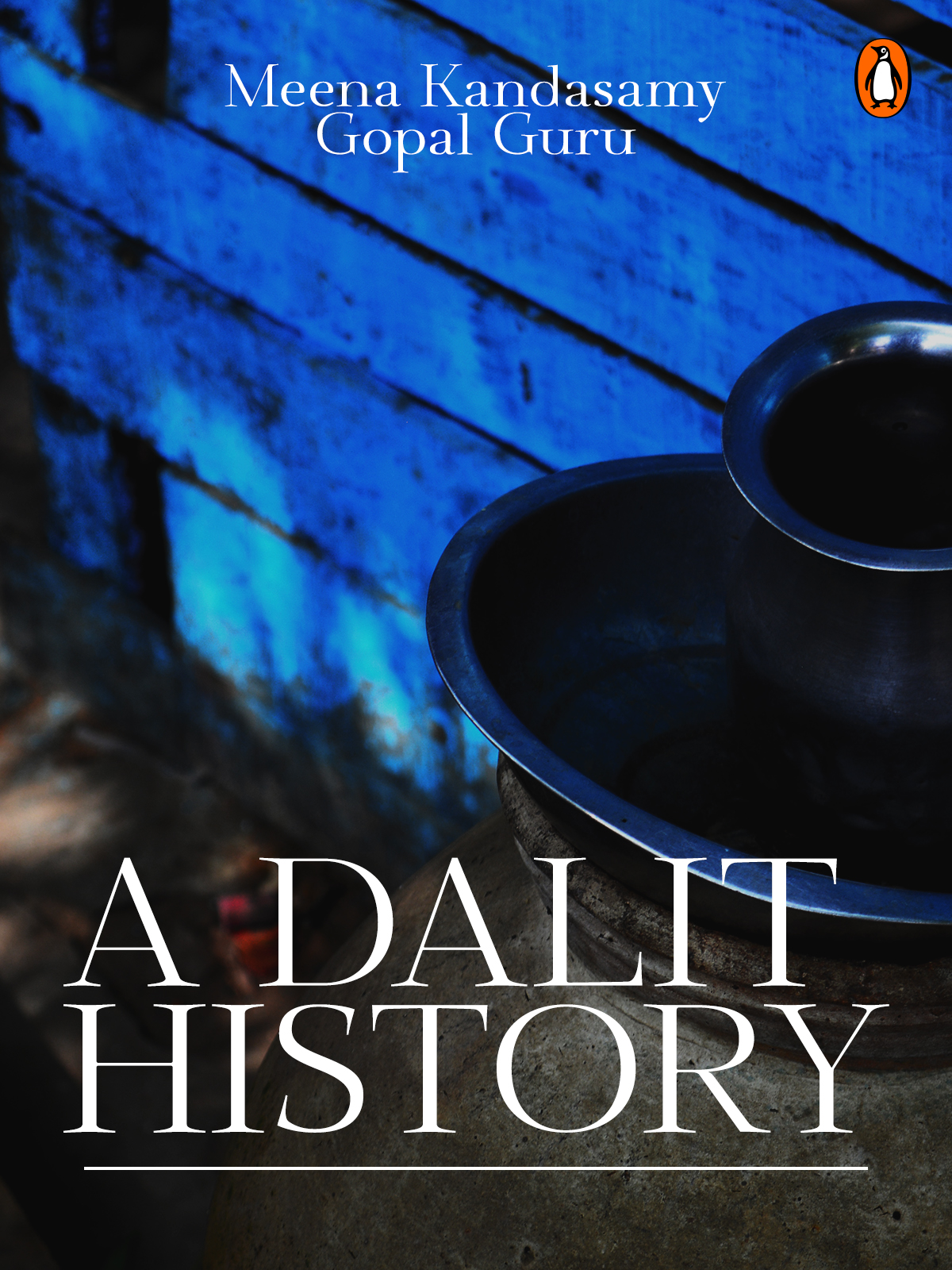
After Rohith Vemula’s suicide sparked protests and outrage across the country, questions about discrimination against Dalits and other castes have once again come to the forefront. With its long history of caste-based politics, it remains a sore subject that India still cannot properly address.
Meena Kandasamy in ‘He Has Left Us Only His Words’ and Gopal Guru in ‘For Dalit History Is Not Past But Present’ write about why even education in India still functions in the shadow of caste-politics, and how India has never really escaped its past. Read on, to find out more.
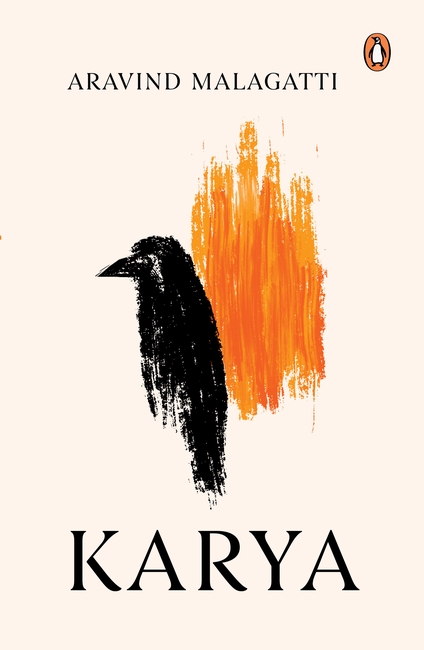
On the third day after the death of Bangaravva, a solemn procession making its way toward the graveyard encounters a strange obstacle. A blast of wind rises up in revolt, the embers flare and the sacred ritual fire falls to the ground. The ceremony is ruined because custom demands that the ritual fire never touch the ground.
What follows is chaos and confusion. Who will bear the blame for things going awry, and how might they be set right? The division between castes and communities comes to the fore as the panchayat struggles to pronounce justice.
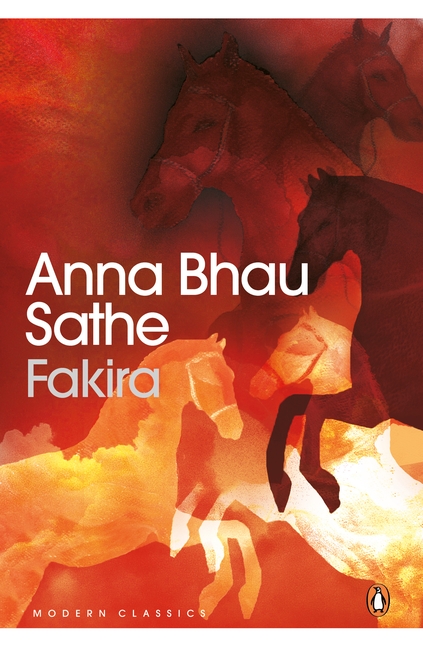
Born into an untouchable community, Anna Bhau Sathe’s upbringing and experiences shaped his writings and political activism. Winner of the Maharashtra Government’s ‘best novel’ award, Fakira, among his best-known works, is one of the first prominent Dalit novels in Marathi.
The undaunted and ceaseless battle of the eponymous character, Fakira, for the collective welfare of his community forms the narrative. He revolts against the rural orthodox caste system and the British Raj to save his village from utter starvation, humiliation, and death. His efforts are dramatic and daring, and his methods in violation of the law. When attempts to capture him fail, the British authorities hold the community hostage, stating that unless Fakira surrenders, they will torture his people to death.
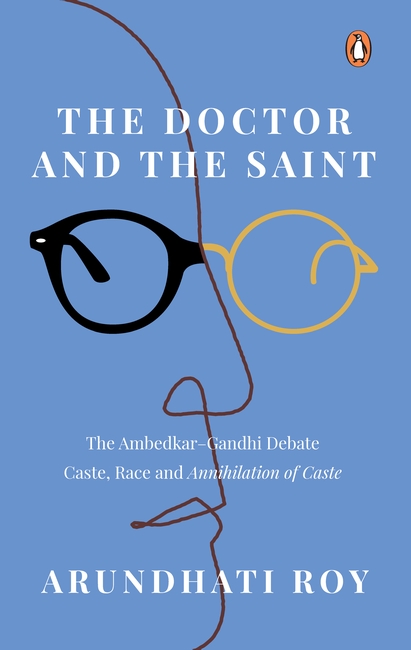
To best understand and address the inequality in India today, Arundhati Roy insists we must examine both the political development and influence of M.K. Gandhi and why B.R. Ambedkar’s brilliant challenge to his near-divine status was suppressed by India’s elite. In Roy’s analysis, we see that Ambedkar’s fight for justice was systematically sidelined in favor of policies that reinforced caste, resulting in the current nation of India: independent of British rule, globally powerful, and marked to this day by the caste system.
In The Doctor and the Saint, Roy exposes some uncomfortable, controversial, and even surprising truths about the political thought and career of India’s most famous and most revered figure. In doing so she makes the case for why Ambedkar’s revolutionary intellectual achievements must be resurrected, not only in India but throughout the world.
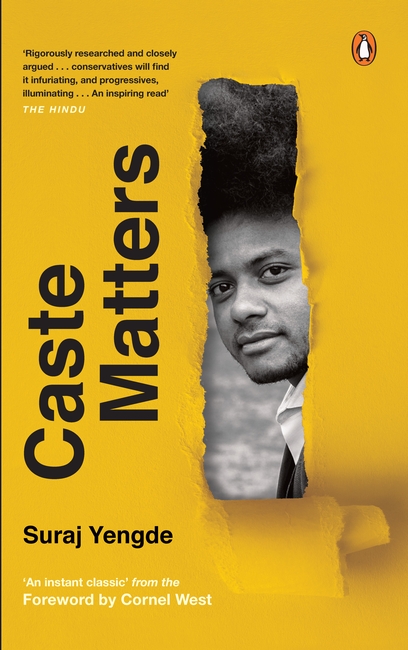
In this explosive book, Suraj Yengde, a first-generation Dalit scholar educated across continents, challenges deep-seated beliefs about caste and unpacks its many layers. He describes his gut-wrenching experiences of growing up in a Dalit basti, the multiple humiliations suffered by Dalits on a daily basis, and their incredible resilience enabled by love and humour. As he brings to light the immovable glass ceiling that exists for Dalits even in politics, bureaucracy and judiciary, Yengde provides an unflinchingly honest account of divisions within the Dalit community itself-from their internal caste divisions to the conduct of elite Dalits and their tokenized forms of modern-day untouchability-all operating under the inescapable influences of Brahminical doctrines.
Broaden your horizons and widen your perspective. Time to add these voices to your bookshelf and experience what it feels like to read and learn and become better versions of your own selves!







